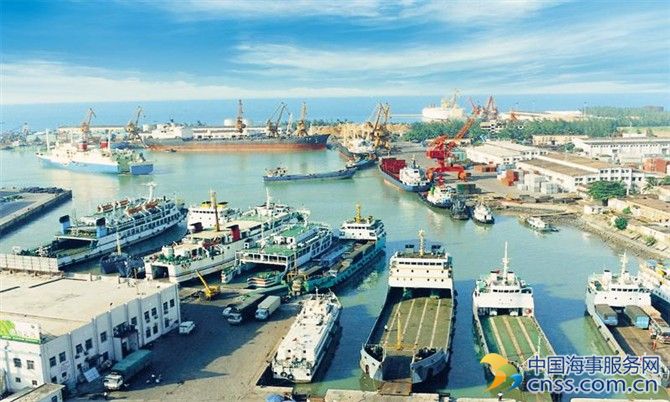Taiwan increases Iraqi Kurdish KBT crude imports after OPEC cuts

Taiwan is increasing oil imports from northern Iraq as local refiners take advantage of an open arbitrage to buy high-sulphur crude that can replace supplies cut by OPEC.
State-owned CPC Corp bought 1 million barrels of Kurdish KBT crude for the first time in the second quarter, and Formosa Petrochemical Corp has resumed purchases of this grade after a near nine-month break, company officials said.
Oil tanker Kriti Sfakia loaded 1 million barrels of the crude at Ceyhan, Turkey in mid-March and will arrive at Formosa’s refinery in April, trade flow data on Thomson Reuters Eikon showed. Formosa will receive more cargoes in the following months, officials said.
“Kurdish? Yes, we bought quite a lot,” Formosa Petrochemical spokesman KY Lin told Reuters.
Kurdish KBT oil has replaced some of the reduced supplies of medium and heavy crude from the Middle East after the Organization of the Petroleum Exporting Countries cut production, he said.
“The biggest impact (from OPEC cuts) was that EFS (Exchange of Futures for Swaps) narrowed,” he said, referring to the price spread between Middle East Dubai DUB-1M-A and Europe’s Brent .
“With a narrow EFS, crude can be sent eastwards.”
CPC bought the crude because it was competitively priced, said a company spokesman, adding that it had not been affected by the OPEC cuts.
Kirkuk crude has an API gravity of 34.2 degrees and a higher sulphur content than its Middle East peers at 2.24 percent, according to BP’s website.
A Kurdistan government official said in December that it sees no major impact on its crude oil production from OPEC’s output cuts.
Most of the Kurdish KBT oil exports to Asia are masked as other grades to avoid recrimination from Baghdad which is locked in a dispute with the semi-autonomous region of Kurdistan over oil revenue split.
Kurdistan recently increased the loans guaranteed by future oil sales to $3 billion in new deals with trading houses and Russian state oil firm Rosneft aimed at strengthening its fiscal position as the region fights Islamic State.
Source: Reuters (Reporting by Florence Tan; Editing by Subhranshu Sahu)
HEADLINES
- Do shipping markets want Biden or Trump for the win?
- All 18 crew safe after fire on Japanese-owned tanker off Singapore
- Singapore launching $44m co-investment initiative for maritime tech start-ups
- Cosco debuts Global Shipping Industry Chain Cooperation Initiative
- US warns of more shipping sanctions
- China continues seaport consolidation as Dalian offer goes unconditional